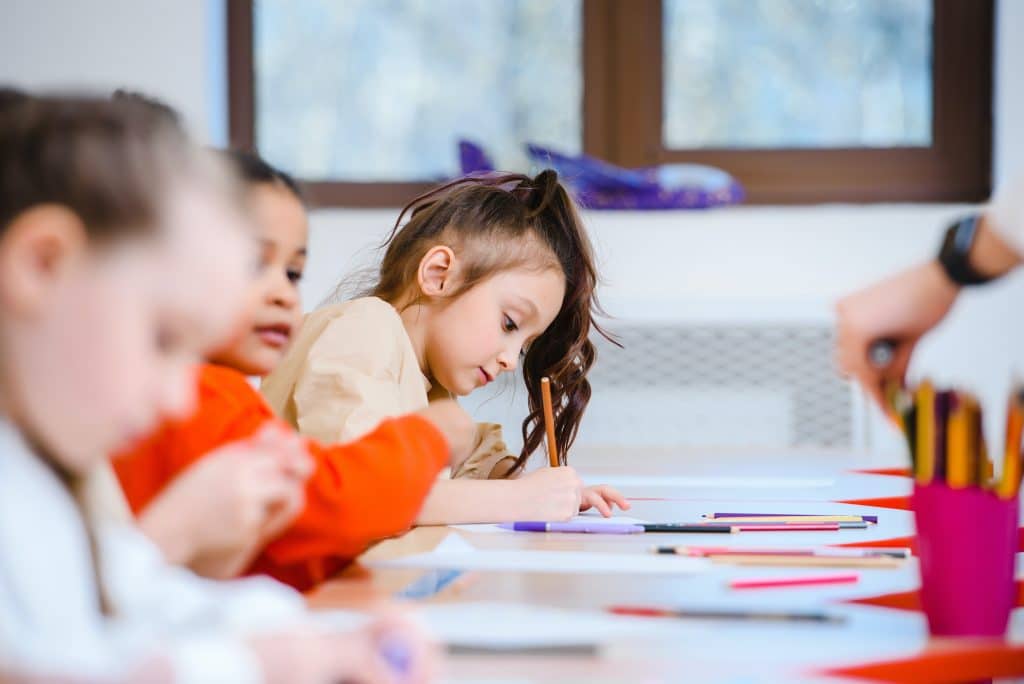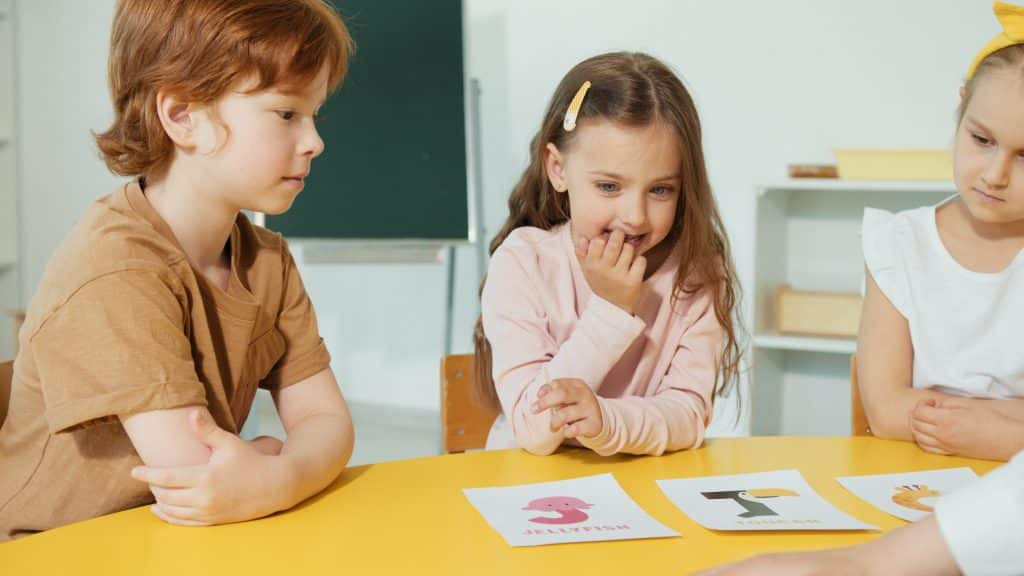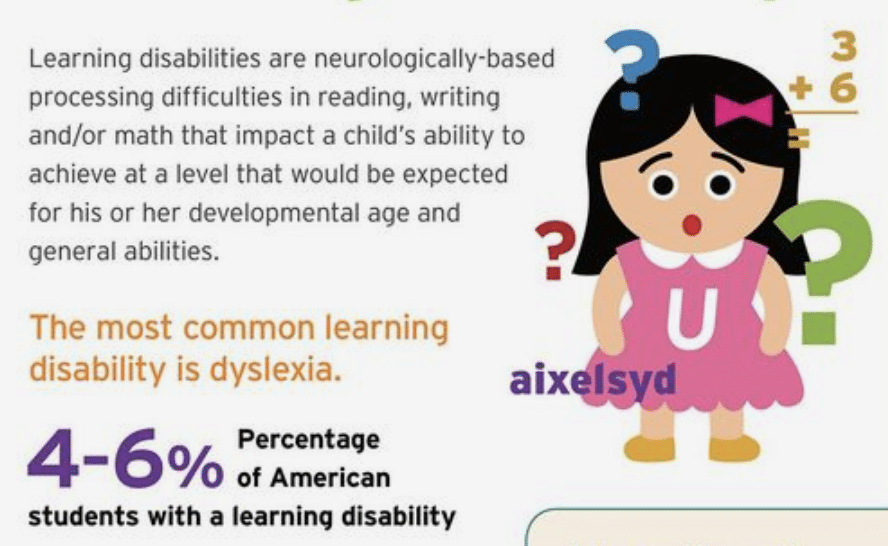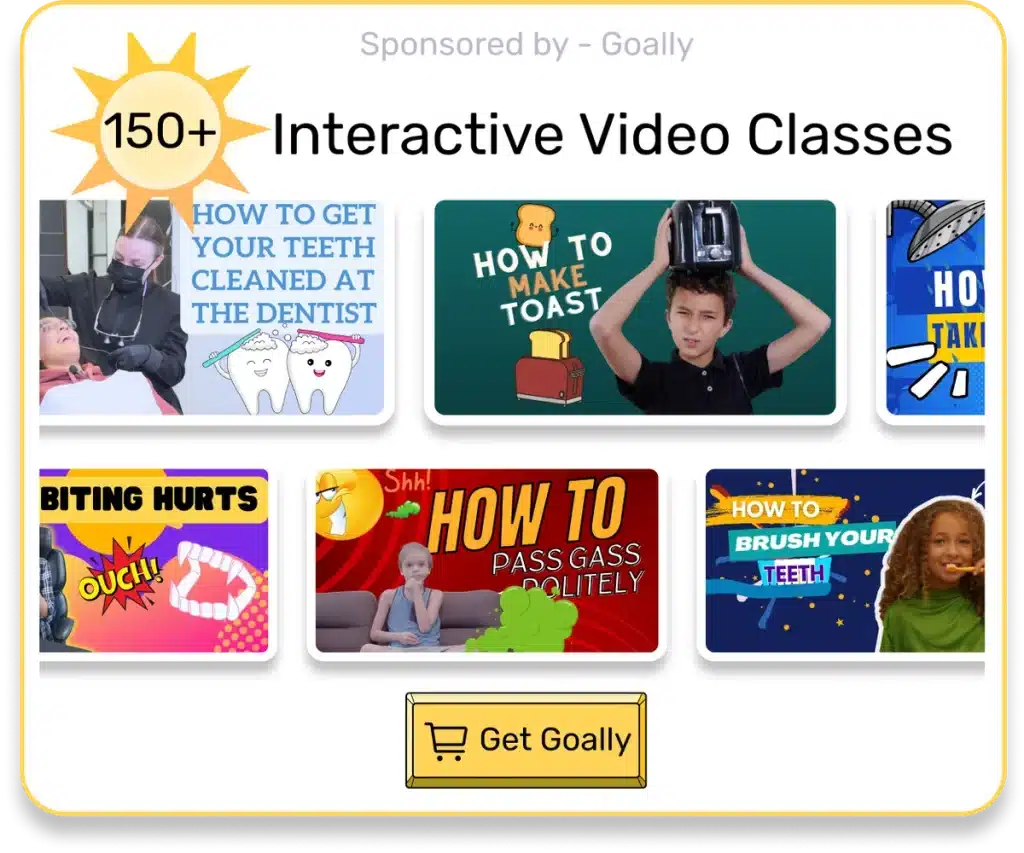Ever wondered, “What does it mean to have a learning disability?” As a parent, it’s essential to understand this concept to support your child’s growth and development. In this blog post, we’ll explore the definition of learning disabilities, their common types, and how to identify them in your child. Plus, we’ll discuss strategies to help your neurodivergent kids thrive in their daily lives. So, let’s get started!
Table of Contents
Understanding Learning Disabilities
First and foremost, let’s clarify the concept of learning disabilities. A learning disability is a neurological condition that affects how a person processes, stores, and retrieves information. In other words, it impacts the way a child learns and acquires new skills. However, it’s important to note that having a learning disability does not mean a lack of intelligence. In fact, many kids with learning disabilities have average or above-average intelligence.
Learning disabilities can manifest in various ways, from difficulties with reading and writing to challenges with math and problem-solving. By understanding the nature of learning disabilities, you can better support your child and help them succeed with tools like Goally, a learning tablet designed specifically for neurodivergent kids.
Common Types of Learning Disabilities
There are several types of learning disabilities, each affecting different aspects of learning. Some of the most common types include:
- Dyslexia: Affects reading, spelling, and writing skills
- Dyscalculia: Impacts mathematical abilities
- Dysgraphia: Causes difficulties with handwriting and fine motor skills
- Auditory Processing Disorder (APD): Impairs the processing of auditory information
- Visual Processing Disorder (VPD): Affects the processing of visual information
It’s crucial to recognize that each child’s experience with a learning disability is unique. Identifying the specific type of learning disability your child has can help you tailor support strategies and interventions to their needs.
Identifying Learning Disabilities in Your Child
To identify a learning disability in your child, it’s essential to observe their behavior and academic performance. Here are some signs to look for:
- Difficulty with reading, writing, or math
- Trouble with memory and organization
- Struggling to follow instructions
- Poor coordination or fine motor skills
- Difficulty with social interactions

Read more: Learning Disability Test for Kids
If you notice any of these signs, it’s essential to consult with a professional, such as a pediatrician or a school psychologist, for further evaluation. Early identification and intervention can make a significant difference in your child’s success.
Strategies to Support Your Neurodivergent Child
Now that you understand what it means to have a learning disability let’s explore some strategies to help your child succeed:
Create a Supportive Environment
Above all, it’s vital to create a supportive and nurturing environment for your child. Encourage open communication and foster a positive attitude towards learning. Moreover, celebrate their achievements and focus on their strengths rather than their weaknesses. By creating a safe space for your child to learn and grow, you can help them build confidence and resilience.
One way to create a supportive environment is by incorporating tools like Goally, which offers apps specifically designed for neurodivergent kids. These apps can help your child develop essential skills and stay organized, making learning more enjoyable and accessible.
Collaborate with Educators
Partnering with your child’s teachers and school staff is crucial in developing an effective support plan. Share your concerns and work together to create accommodations and modifications tailored to your child’s needs. This collaboration can help ensure your child receives the support they need to succeed academically and socially.
Regular communication with educators can also help you stay informed about your child’s progress and any additional support they may need. Remember, teamwork between parents and educators is key to helping your child thrive.
Utilize Assistive Technology
In today’s digital age, there are numerous assistive technology tools available to help kids with learning disabilities. For example, text-to-speech software can aid children with dyslexia, while visual timers can assist those with time management difficulties.

Read more: Does My Child Have a Learning Disability?
Goally’s learning tablet is an excellent example of assistive technology designed specifically for neurodivergent kids. With its suite of apps and features, Goally can help your child stay organized, develop essential skills, and make learning more engaging and enjoyable.
Seek Professional Help
In addition to working with school staff, consider seeking help from professionals such as therapists, tutors, or learning specialists. They can provide targeted interventions and strategies to help your child overcome their learning challenges.
These professionals can offer valuable insights and guidance, helping you better understand your child’s unique needs and develop effective support strategies.
Encourage Extracurricular Activities
Lastly, encourage your child to participate in extracurricular activities that align with their interests and strengths. This can boost their self-esteem and provide opportunities for social interaction with peers.
Participating in activities outside of school can also help your child develop new skills, make friends, and discover new passions, all of which contribute to their overall well-being and success.
Goally | Apps To Support Child Development
Looking for fun ways to help your child learn life skills? Try Goally! The Goally tablet comes with award-winning learning apps and video classes to help kids develop the skills they need to become independent with FUN & evidence-based practices.

Our apps teach executive function, language, emotional regulation, finger dexterity skills, and more.
As your child develops new skills, you can increase the difficulty level of the tasks in the app to challenge and motivate them even further. This helps your child grow and progress at their own pace, while also keeping them engaged and excited about their development.

Wrapping Up
Understanding what it means to have a learning disability is the first step in supporting your neurodivergent child. By recognizing the signs, collaborating with educators, and implementing effective strategies, you can help your child overcome challenges and reach their full potential. Remember, every child is unique, and with the right support, they can thrive in their own way. Tools like Goally’s learning tablet and apps can play a significant role in supporting your child’s journey toward success.
FAQ’s About What a Learning Disability Is
What does it mean to have a learning disability in a child? A learning disability signifies that a child may have difficulties with specific aspects of learning, such as reading, math, or writing, despite having average or above-average intelligence. What are some common signs of a learning disability in kids? Signs may include challenges with reading fluency, spelling, number recognition, or understanding written instructions, which can impact academic performance. How can learning tools like visual schedules help children with learning disabilities? Visual schedules provide structure and support, making it easier for children with learning disabilities to follow routines and complete tasks effectively. Are emotional regulation apps useful for kids with learning disabilities? Yes, emotional regulation apps can help children with learning disabilities manage frustration and anxiety, enhancing their overall well-being and learning experience.
This post was originally published on 05/24/2023. It was updated on 10/19/2023.

Goally
We help parents teach their kids life skills, like doing bedtime and morning independently. Backed by science, we incorporate evidence-based practices and expert-informed designs in all of our apps and content.







